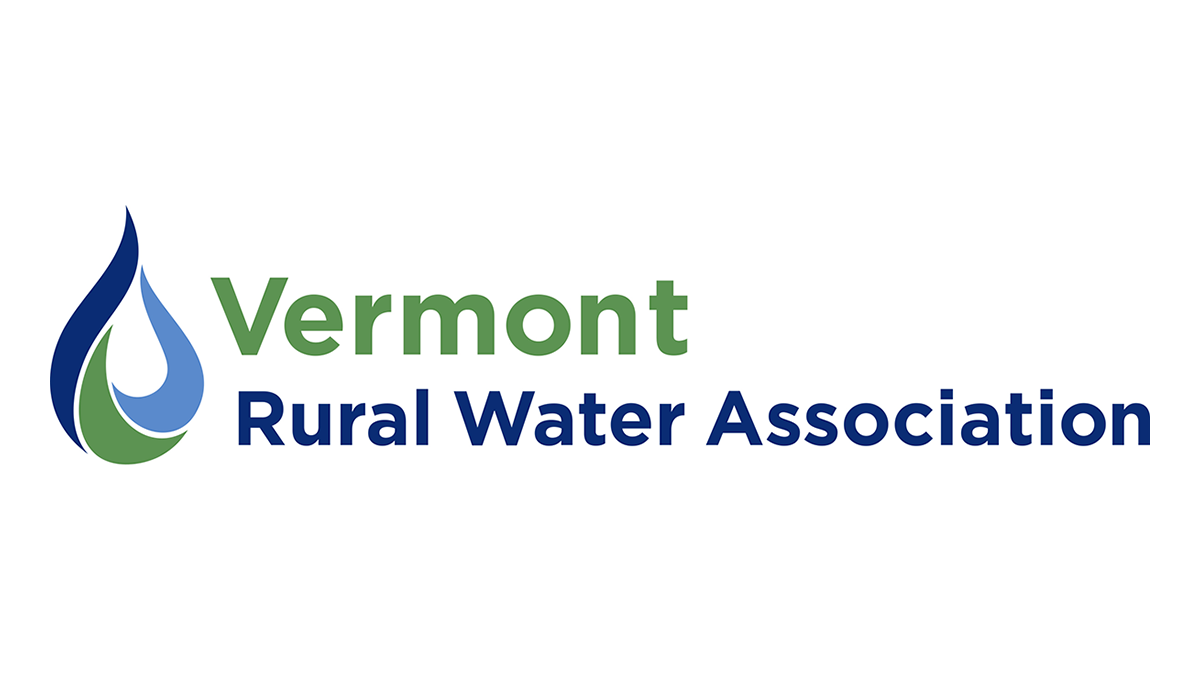by Paula Jackson
This article was published in the winter 2022–2023 issue of our newsletter.
For the past three years I have been working on Vermont Rural Water’s Apprenticeship Program. During this time I have learned so much about the current lack of water and wastewater operators and what systems can do to navigate the current employment challenges.
The biggest group of water and wastewater operators are retiring, and there is a lack of applicants for these positions. Retaining your current operators has become critical. Water and wastewater systems are now competing with private employers who have increased their pay in recent years. Costco now pays $20 an hour with benefits, and you don’t have to pass a certification exam, which is a requirement for most operators.
If you are going to keep up with private industry, start by paying your current employees to commit to your organization so they don’t go to another employer who offers them more money. Extra benefits, such as flexible time to relieve the stress of taking care of family or picking kids up from school, really show an employee that you value them and want them to be happy in their work and personal lives.
Water and wastewater operators are often on call. Make it worth their time to be on call by paying them industry standard. If employees are on call, they should be compensated, because being on call takes them away from things they would normally do on their time off. Offering comp time is another thing that is appealing to many operators.
If your system is down one or two operators, this puts a lot of added work and stress on your remaining employees. You can pay certified operators to come help or cross train employees from other departments. Give your current employees the time off they need to remain committed workers. When employees get overworked, they may look to change this by going to another employer.
Valuing your water and wastewater operators is critical at this point time. Often getting the city council or board of directors to realize this and move into the future is the hardest part. Remind your boards of your NPDES permit or your water system’s Permit to Operate and the consequences of not having certified operators to meet the strict requirements of these permits.
Vermont Rural Water’s Apprenticeship Program helps support new water and wastewater operators on their journey to learn their facilities through on-the-job training and structured training programs to pass certification exams and become licensed/certified operators.

